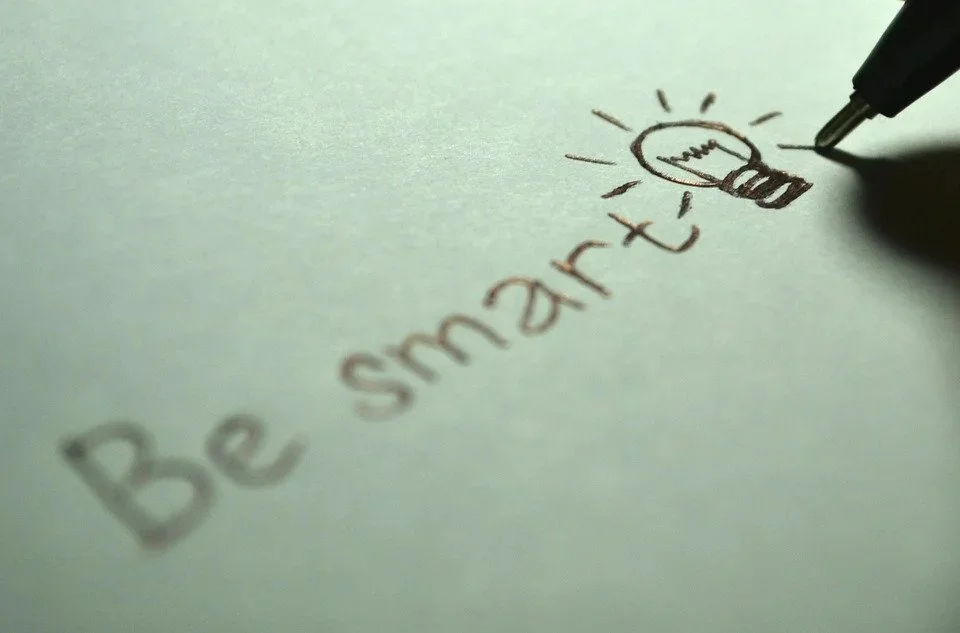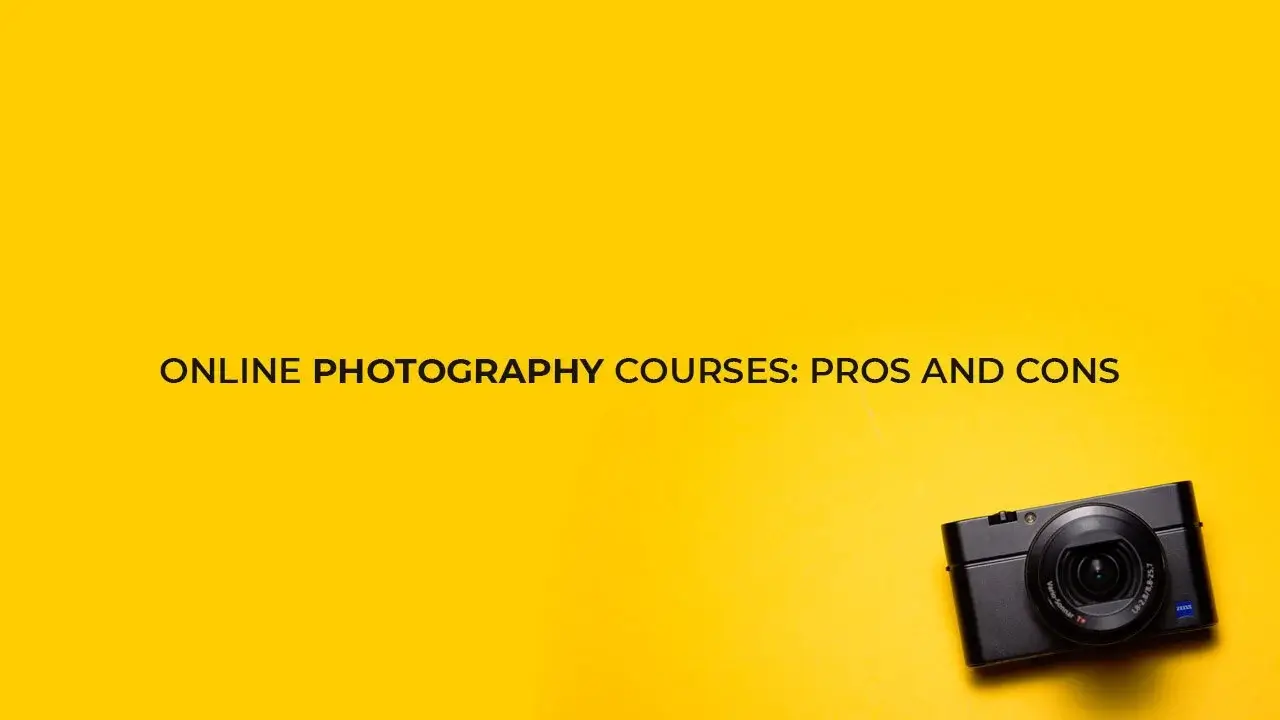Online photography courses are a popular way to learn photography from home. Whether you’re just starting out or enjoy photography as a hobby, these courses let you learn at your own pace, save time and money, and get guidance from professionals.
Like any online learning, they also have some limitations. In this guide, we’ll look at the main pros and cons of online photography courses to help you decide if they’re right for you.
What Is an Online Photography Course?
An online photography course teaches photography through digital platforms. It may be offered by professional photographers or institutions, covering everything from camera techniques to post-production editing. You can take these courses on a computer, tablet, or smartphone, so location is not a problem.
Pros of Online Photography Courses
1. Flexible Learning from Home

Learning requires focus and effort, so the process should be easy and convenient. Online photography courses are designed to be simple to attend and follow. The most important thing is your willingness to learn—if you are motivated, you can study in a way that works best for you.
2. Structured and Focused Learning

Online photography courses are well-structured to make learning easier and more effective. In online courses, the syllabus is focused and clear, with no unnecessary content. Most lessons are delivered through live or recorded video presentations, so you can fully concentrate and learn exactly what you need.
3. Cost-Effective and Time-Saving

The course is cost-effective in many ways. The most important part is that you do not need to go to distant places to learn. If you do not take online courses, you need to go to the place and live there for a long time. The cost of living is too high most of the time. Also, you need to make separate arrangements for staying in a place for a long time. Online photography courses save you from all the costs.

Time is valuable for all. And no one on earth can ignore that. Well, there is another concept of time in real life. To get a proper education, you need to spend more time on it. But online photography courses save you time so that you can spend more on practicing. You do not need to go out to reach the institution.
4. Access to Professional Guidance

Many online photography courses let you connect with professional photographers. Since professionals are often very busy, it can be hard to meet them in person. Online courses make it easier by arranging live sessions or lectures, where you can ask questions and get valuable guidance. However, not all courses offer this feature. Before enrolling, check if the course provides access to professionals.
5. Learn Independently and Smartly

Physical learning is helpful when you have many options and guidance. Online learning, however, teaches you to be more independent and resourceful. Since no one is physically guiding you, you learn to figure out techniques and tricks on your own, which can make you a smarter and more self-reliant photographer.
6. Learn from a Global Community

Online photography courses can be very inspiring. You’ll meet learners from all over the world. Some are beginners, while others are very talented. Seeing their work and progress can motivate you to improve your own skills and try new techniques.
7. Safe During Pandemic or Travel Restrictions

Online photography courses don’t require in-person meetings, so you can learn safely from home. This setup is perfect during a pandemic or when you want to avoid gatherings. You can still stay in touch with classmates through the online platform, keeping communication easy and safe.
Cons of Online Courses

1. Limited Hands-On Practice
Learning online is mostly a virtual process, so you’ll get the basic knowledge but need to practice on your own. How much you improve depends on your effort. You can apply what you learn using your surroundings, but real-world practice is essential to fully master photography.
2. Uncertainty in Career Opportunities
Getting a job in photography is important if you want to work professionally. If you are learning as a hobby or already have a job, this is not a problem. But for those who want to become professional photographers, online courses may not give direct job opportunities. Still, if you work hard and stay active, you can create your own chances.
3. Pay Attention During Online Classes
Focus is important for any kind of learning, and it is even more important for photography courses. When learning online, you study through a screen, so you need to pay extra attention. Otherwise, you might miss important points that are hard to catch again.
Tips to Make the Most of Online Photography Courses
- Tips to Make the Most of Online Photography Courses
- Use what you learn outdoors or in real situations.
- Join online communities for feedback and inspiration.
- Track your progress and showcase your skills with a portfolio.
- Edit your photos with Lightroom, Photoshop, or Clipping World.
Final Verdict
Online photography courses offer flexibility, cost-effectiveness, and professional guidance. However, they may not be ideal if you need hands-on experience, mentorship, or immediate career development. Identify your learning style, goals, and resources before enrolling.
Start your photography journey today! Check out online courses on Udemy, or Skillshare, practice regularly, and build a small portfolio to track your progress. Combine learning with real-world shooting, and you’ll be on your way to mastering photography.

